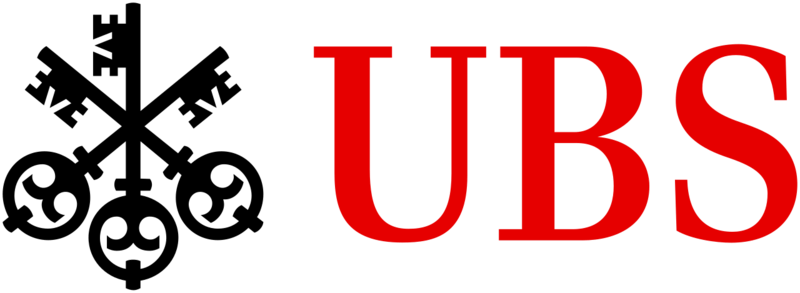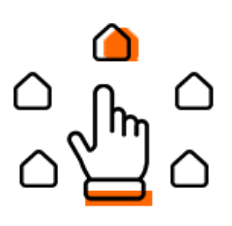Securing a mortgage in Switzerland is a significant step towards homeownership, and having the right documents in order can make the process smoother and more efficient. Whether you’re a first-time buyer or looking to refinance, understanding what documents you need and how to prepare them is crucial. This comprehensive guide will walk you through everything you need to know about Swiss mortgage documents, from essential paperwork to practical tips for a successful application.

Essential Documents for a Swiss Mortgage
1. Proof of Identity
To begin your mortgage application, you will need to provide valid identification. This ensures that the lender can verify your identity and residency status.
- Swiss Citizens: A valid Swiss ID card or passport.
- Non-Swiss Residents: A valid passport and residence permit.
2. Proof of Income
Lenders require proof of your income to assess your ability to repay the mortgage. Depending on your employment status, the required documents may vary:
- Employed Applicants:
- Recent pay slips (last 3 months).
- An employment confirmation letter detailing your job title and salary.
- Self-Employed Applicants:
- Recent tax returns.
- Financial statements including profit and loss accounts.
3. Proof of Assets
Providing evidence of your financial stability helps the lender evaluate your overall financial health.
- Bank Statements: Recent statements (last 3 to 6 months) from all bank accounts.
- Additional Assets: Documentation of other assets such as investments, savings, or real estate holdings.
4. Proof of Liabilities
To get a clear picture of your financial obligations, you must disclose all existing debts and liabilities.
- Debt Statements: Statements of any existing loans or credit obligations.
- Credit Report: A comprehensive credit report detailing your credit history.
5. Property-Related Documents
When purchasing a property, specific documents are required to verify the property details and its value.
- Purchase Agreement: The signed purchase or sales contract of the property.
- Valuation Report: A professional report estimating the property’s value.
Additional Documents for Specific Cases
1. For Self-Employed Applicants
Self-employed individuals often face more scrutiny due to the variability in income. Additional documents include:
- Business Plan: A detailed plan outlining your business operations and financial projections.
- Profit and Loss Statements: Recent statements showing your business’s financial health.
2. For Non-Swiss Residents
If you are not a Swiss resident, additional documentation is required to establish your financial credibility and residency status.
- Residency Documentation: Proof of your residency status in Switzerland.
- Proof of Foreign Income: Documentation of stable income from abroad, if applicable.
3. For Property Construction or Renovation
If your mortgage is for a construction or renovation project, you will need to provide:
- Building Permits: Official permits for construction or renovation.
- Renovation Plans: Detailed plans and cost estimates for the proposed work.
Expert Insights and Tips
Importance of Accurate Documentation
Submitting accurate and complete documents is crucial for a smooth mortgage application process. Inaccuracies or missing documents can delay approval or result in rejection. Ensure all information is current and correctly reflects your financial situation.
Common Pitfalls
- Incomplete Documentation: Missing documents can slow down the approval process. Double-check that you have all required paperwork before submission.
- Incorrect Information: Ensure that all information provided is accurate and truthful. Inconsistencies can lead to complications.
Expert Advice
- Consult Professionals: Seek advice from mortgage brokers or financial advisors to ensure you understand all requirements and can prepare your documents effectively.
- Organize Efficiently: Keep all your documents well-organized and readily accessible to expedite the application process.
Regional Variations
Different regions in Switzerland might have slightly varying requirements or procedures. It’s important to check with your local lender or mortgage advisor to confirm specific documentation needed in your area.
How to Prepare and Submit Documents
Organizing Your Documents
Organize your documents into a clear and logical order. Use folders or digital tools to keep everything sorted and easy to access.
Digital vs. Physical Submission
Check with your lender whether they accept digital submissions or require physical copies. Ensure that digital documents are clear and legible.
Verification and Follow-Up
After submitting your documents, follow up with your lender to confirm receipt and check if any additional information is needed. Regular communication can help prevent delays.
Conclusion
Having the correct documents is crucial for a successful mortgage application in Switzerland. By following this guide, you can ensure you’re fully prepared for the process. For personalized assistance and to compare mortgage options tailored to your needs, explore FastHypo’s tools and connect with our experts today. Our team is here to help you navigate the Swiss mortgage landscape and achieve your homeownership goals with ease.











